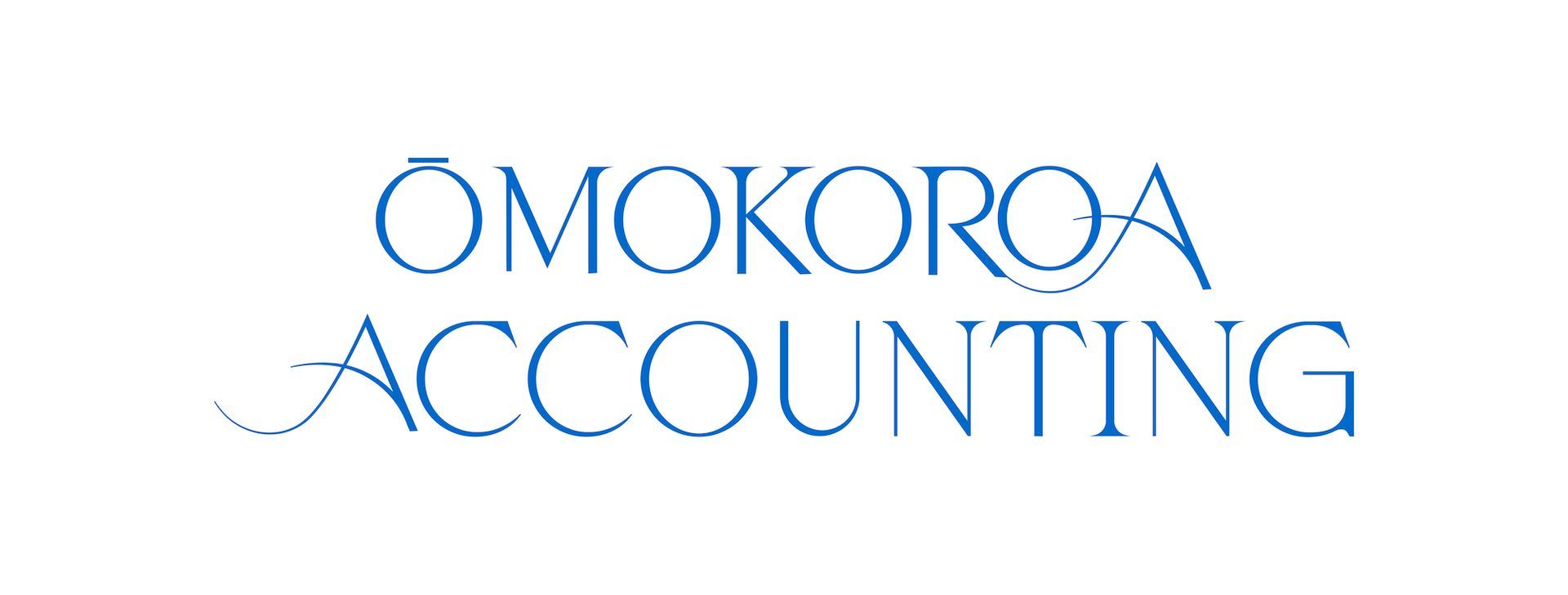Starting a new business? Read this first!
If you’re new to running a business, you’re probably figuring out there’s a lot more to it than just doing the work. So, whenever we meet a new client, we like to go over some of the top things you need to consider when you’re first starting out. Back in June, we took a look at tax, GST, ACC, and record keeping. This month we look at student loans, expenses, and software.
#1. Student Loan payments.
If you’re self-employed you’re still expected to make student loan repayments. When you’re in paid employment your student loan repayments are automatically deducted from your salary or wages, however, if you earn an income other than a salary or wage, you’ll need to make your own student loan repayments. The amount you pay will depend on your adjusted net income, which is any income you earn minus any expenses.
#2. Business expenses.
Businesses get taxed on their income minus expenses, so, whether you are running a business, or working as a contractor, you need to keep a record of your income and expenses. At the end of the financial year there may be extra expenses that you haven’t accounted for during the year. Claiming expenses reduces your income and lowers the amount of tax you need to pay. Types of business expenses you can claim include:
- Asset depreciation: Businesses claim depreciation on asset purchases over $1000 as an expense.
- Capital expenses: i.e., Computers, vehicles, machinery
- Revenue expenses: i.e., Items used in the day-to-day running of the business, such as power, rent, and stationery.
- Entertainment expenses: i.e., Food and drink provided for a Board meeting.
- Environmental expenses: i.e., Testing, construction, acquisition of land.
- Home office expenses (see no. #3).
- Meal expenses: i.e., Business lunch
- Mixed-use assets: i.e., Home office
- Vehicle expenses (see no. #4)
It’s best to double-check the IRD website or with your accountant so you understand the types of costs that count as a business expense. Many expense claims come with certain conditions, for example, for a business lunch, you can only claim 50%.
#3. Home-office expenses.
If you’re running your business out of your home, you can claim a portion of your household expenses. Household expenses include things like rates, insurance, power, heating, mortgage interest, rent, even hand soap, light bulbs, and toilet paper. There are two ways to calculate home-office expenses, and this is often where our clients run into the most confusion.
Claim based on home office size.
If part of your home is used for the business, then you need to consider the floor area. For example, if your home is 100m2 and your office is 10m2, then you can claim 10% of your home office expenses and income-earning activities.
Claim based on total hours worked.
Let’s say you don’t have a specific area of your house you use for work, for example, you may work from your kitchen table. You should be recording the times that you’re working over a four-week period and calculate a percentage by dividing the number of hours you work by the number of hours in a week, i.e., 20 hours worked divided by 168 hours in a week, multiplied by 100 equals 11.90. This means you could claim for 12% of your expenses.
Telephone and internet costs.
If you use your home or landline as part of the business, you can claim 50% of the rental of the telephone. However, if you have a separate phone for business, you can claim 100% of the cost. If you use your internet for both business and personal use, you can claim a portion of this based on either of the above options for calculation.
N.B., If you’re GST registered, your business expense claims will not include GST. However, if you’re not registered for GST your expense claims will include GST.
Important! Remember, you need to keep invoices and records for any expenses you claim for 7 years.
#4. Use of privately owned vehicle.
If you use a vehicle for the sole purpose of business use, then you can claim the full running costs of that vehicle. However, if you have a vehicle that is used for both business and personal use, then there are three ways to calculate the business expense.
- Keeping a logbook: You can keep a logbook to monitor how much you actually use the vehicle for business, and use the IRD kilometre rates to calculate the cost and depreciation of your vehicle.
- Claiming 25% of the vehicle’s running cost: If you choose not to use a logbook, the claim will be limited to 25% of the vehicle running costs.
- Actual costs: You can keep track of the actual running costs of the vehicle and claim these as an expense. Using this option you will still need to calculate the % of business use.
#5. Manual record keeping vs. software.
All organisations have to keep a copy of certain records, whether that be electronically or in hard copy. It’s important to keep these records up-to-date and accurate so it’s easier to keep track of your business’s income and expenses. We often recommend the use of accounting software to our clients, because it can save you time, increase accuracy, streamline your financials, and make it easier for your accountant to analyse your end-of-year accounts. If you pay your accountant an hourly rate, it's a no-brainer to make their job quicker and easier, and for a starting rate of just $30 a month for software like Xero or MYOB, think of all the time you’ll save on manual data entry.
Got questions, or feeling overwhelmed? Don’t let those niggly financial tasks cause you any more stress. At Ōmokoroa Accounting we are here to help.


